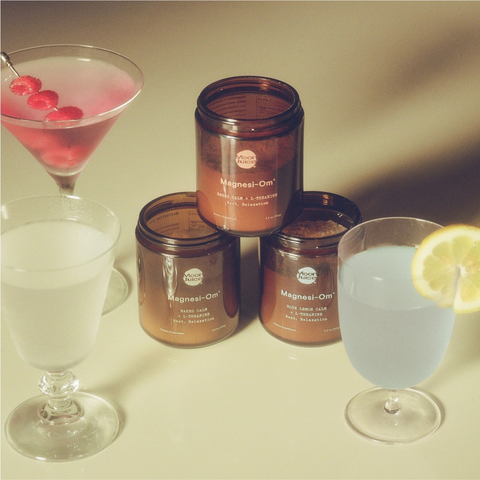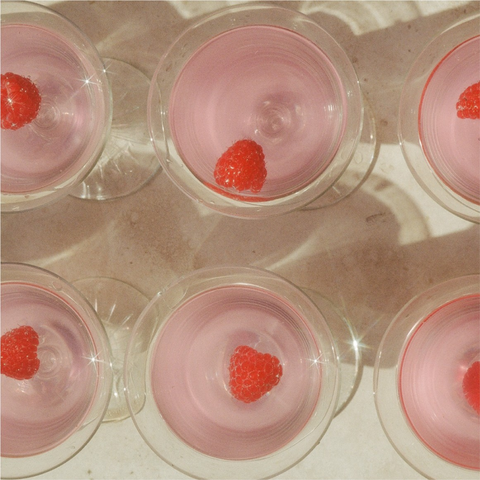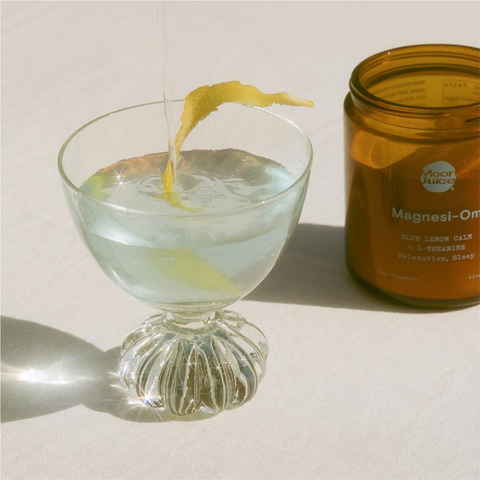Achieving clearer, even-toned skin can be as simple as making a couple of changes to your skin care routine. Reconfiguring your AM and PM skin care steps doesn’t need to be complicated!
Adding exfoliation to your skin care to-do list has many benefits. But it’s crucial that you’re doing it right. So, should you exfoliate or cleanse first? Recommendations from experts vary some, but the general advice is to cleanse before you exfoliate
Read on to find out how to safely incorporate exfoliation into your skin care routine and why it’s better to cleanse your skin before applying a chemical exfoliator.
Why You Should Cleanse Before Exfoliating
Do you cleanse or exfoliate first? What’s the right order for your skin care products?
There’s some debate over this, but the widespread consensus is that it’s better to exfoliate clean skin. You’ll also see this recommendation on most exfoliation product labels, typically recommending you apply chemical and physical exfoliators to clean skin that’s free of makeup, dirt, excess oil, and other debris.
Why? Think of your exfoliation step as a deep clean that removes dead skin cells stuck in your pores. Before you deep clean your house, it’s a good idea to get rid of any surface clutter, right? The same goes for your skin. Removing surface impurities helps your exfoliator reach deeper into your skin without getting blocked by the dirt and grime you haven’t yet washed away. Cleansing with an effective face wash removes oil and other buildup that can clog pores and prevent exfoliators from removing dead skin cells. Plus, some exfoliators aren’t meant to be rinsed off post-application.
Acid Potion is a quickie facial that helps to remove dead skin cells from dull skin, unclog pores, and stimulate collagen. The potent 25% AHA + BHA complex helps break down gluey dirt and encourage cell turnover to reveal radiant skin. And this liquid exfoliator doesn’t require rinsing.
Should You Exfoliate and Cleanse Morning or Night?
Directions will vary from product to product, but the American Academy of Dermatology Association recommends cleansing up to twice a day (morning and night). Over-cleansing can impact your skin barrier and strip your skin of its natural oils, leaving it dry and irritated. If cleaning twice a day seems like too much and leaves your skin feeling stripped, it’s fine to wash once daily in the PM and do a morning refresh with water only.
Now, when should you exfoliate? Twice daily exfoliation is way too much for most people. For some, even daily exfoliation can be harsh on the skin. If your skin doesn’t have any major issues or tends to overproduce oil, consider exfoliating up to three times a week. If you have sensitive skin, you may need to exfoliate less frequently.
Finding an exfoliation regimen that works for you can take some trial and error. Listen to your skin. If you notice it’s responding well, try adding another exfoliation day. If you notice redness and irritation develop, consider scaling back, as you may be over exfoliating the skin.
It’s also best to apply an exfoliant in the PM, especially chemical exfoliant formulas containing AHAs or BHAs, since these ingredients can make your skin more sensitive to sunlight. We recommend applying Acid Potion to clean skin up to 3 nights a week. No need to rinse!
What is the Next Step After Exfoliating?
After exfoliating, follow up with a hydrating face serum and a natural moisturizer. Serums target specific skin concerns like hydration, redness, pore size, and wrinkles, while moisturizer to lock in serums and prevent moisture loss while you sleep. Remember to read product labels carefully. Not all chemical exfoliants require rinsing after application.
Takeaways
Exfoliating is an important and beneficial step in your skin care routine, helping to remove build-up and stimulate cell turnover. Regular exfoliation can help improve your skin’s texture, brighten your skin, diminish the appearance of fine lines and wrinkles, and ultimately help you achieve radiant skin. And because many chemical exfoliants can get deep inside your pores, they can also help with skin issues like acne and dryness.
Most experts recommend cleansing before exfoliating. Whether you decide to add a chemical or physical exfoliant to your skincare routine, start slowly. Frequent applications too soon can lead to irritation.
And know that your skin can change over time and from season to season. You might need to scale back or increase your exfoliation sessions in response to your skin.
Finally, don’t forget to apply mineral sunscreen every morning! Using a chemical exfoliant can make any skin type more susceptible to sunburn. Plus, protecting your skin from harmful UV rays can help reduce skin issues like redness, wrinkles, and uneven skin tone.
Sign Up, Nerd Out
Get wellness tips, education, and recipes
delivered straight to your inbox.
Get wellness tips, education,
and recipes delivered
straight to your inbox.
Sources
- Face washing 101. (n.d.). https://www.aad.org/public/everyday-care/skin-care-basics/care/face-washing-101
- How to safely exfoliate at home. (n.d.). https://www.aad.org/public/everyday-care/skin-care-secrets/routine/safely-exfoliate-at-home
- Moghimipour E. (2012). Hydroxy Acids, the Most Widely Used Anti-aging Agents. https://www.ncbi.nlm.nih.gov/pmc/articles/PMC3941867/














